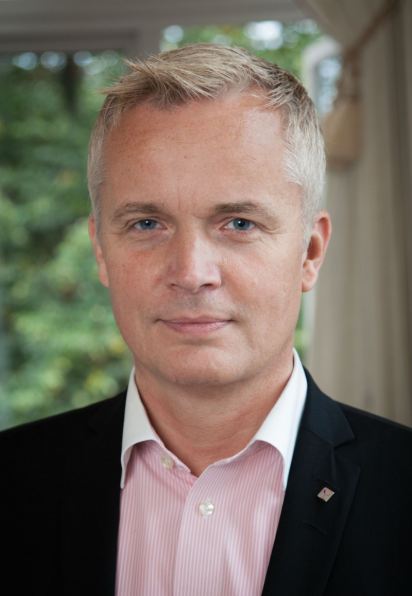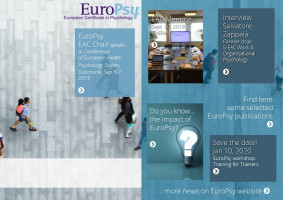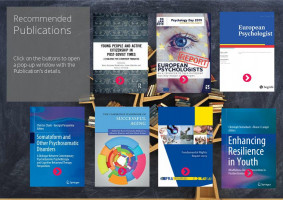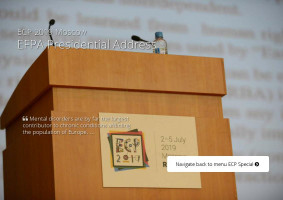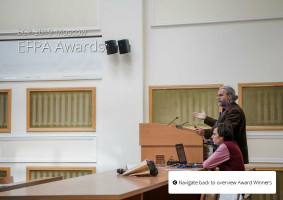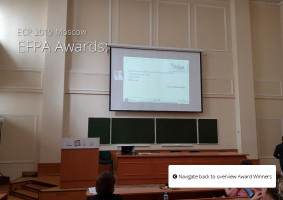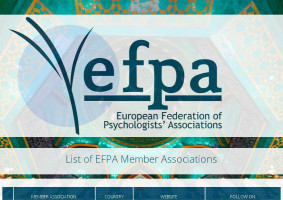Belgium
Belgian Superior Health Council advises against the use of the DSM categories. September, 2019


Worldwide, the DSM is, much like the ICD, a frequently used classificatory diagnostic instrument. However, questions have been raised about its pragmatic and scientific status. Therefore, in 2016, the Belgian Governmental Superior Health Council set up an expert group comprised of academics and practitioners in psychiatry, clinical psychology, sociology, and philosophy as well as a service user to evaluate relevant literature and evidence.
Epistemologically, the expert group concluded that mental disorder categories should not be treated as natural kind categories but as constructs that have a causal impact on those who are classified. Sociologically, the group observed that diagnostic classifications tend to legitimise organisational structures and protect psychiatry from pressures to change. Moreover, the literature suggests that a biomedical approach does not, as hoped, reduce stigma and discrimination. Clinically, the group concluded that common diagnostic categories lack validity, reliability, and predictive power. Additionally, these do not tally with new conceptions of health, defined by the ability to adapt despite biopsychosocial obstacles.
Finland
The Finnish care guarantee will improve if the state budget promise is fulfilled

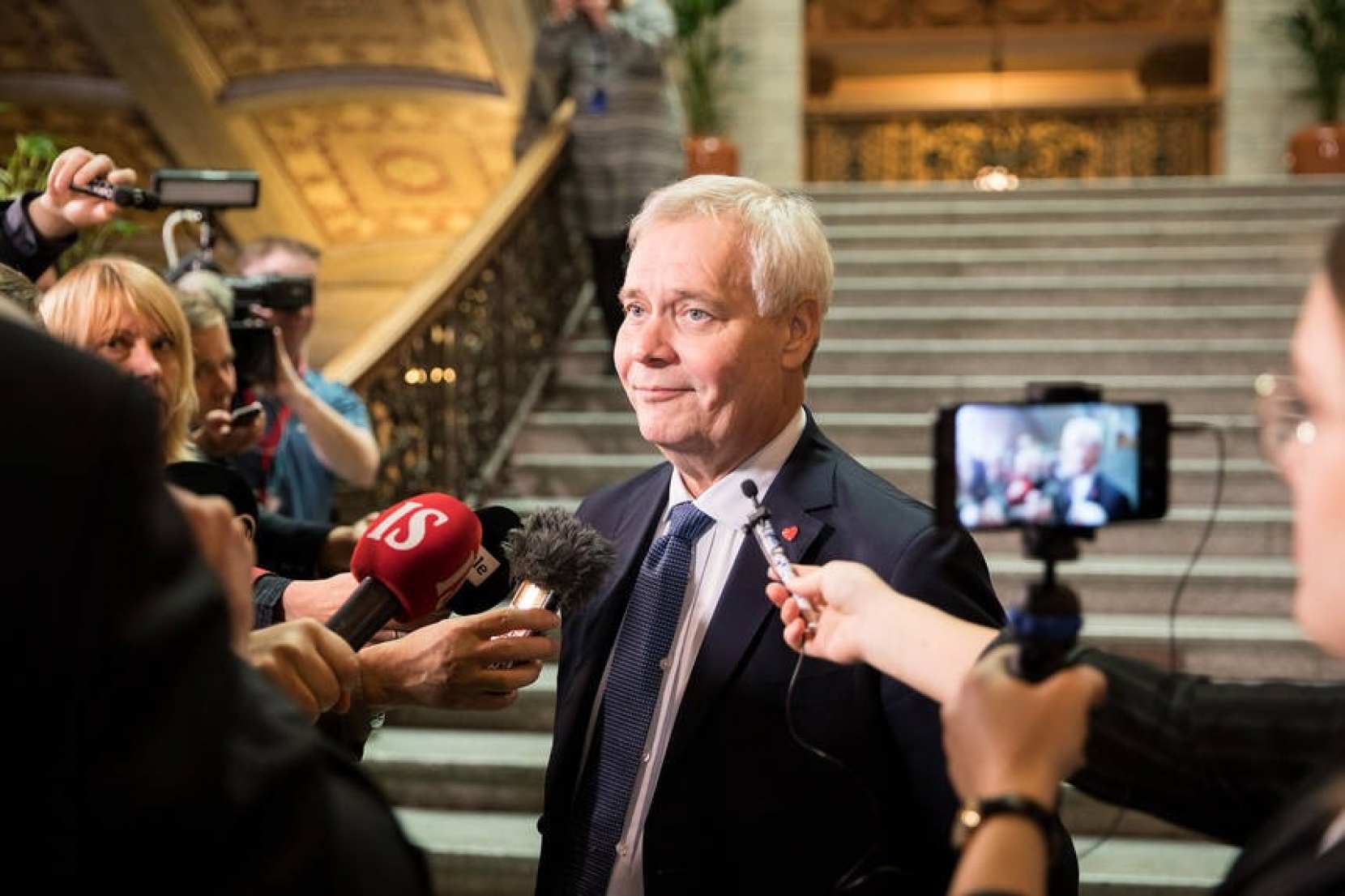
Antti Rinne – prime Minister of Finland
(photo: Kosti Keistinen / communication coordinator at prime minister's office)
Improvements in social security and social and health services are an important part of the country's 2020 state budget presented by the government. For example, there is a significant increase in the care guarantee: EUR 60 million. The goal is to provide treatment within seven days of the need for treatment in non-urgent cases.
- In this context, it is important to redefine the care guarantee, that is to say to the appropriate professional. The guarantee can not only mean access to a doctor, but must also be extended to psychologists. Getting psychologists to health centers significantly contributes to the treatment and prevention of mental health problems , says Annarilla Ahtola, President of the Psychological Association .
The Government Program entry on multiprofessional social and health centers and the many benefits of multiprofessional support is fully supported by the Psychological Association. According to Ahtola, psychologists assess , examine and treat clients' psychological well-being as part of a multi-professional care guarantee chain. They are also important consultants and partners for other professionals at the health center.
A national strategy on mental health will be implemented.
- More resources for basic services are important - and mental health work must also be included in basic services. It is important to recognize that mental health work in health centers is not part of psychiatry, but part of primary health care. Of course, good cooperation with and consultation of specialist medical care is needed , says President Ahtola.
- Psychologists play an important role in implementing the development program. They are experts in work, health and organization. Another important development would be to secure the psychological services of the TE Offices (Public Employment and Business Services) and to make occupational health psychologists a compulsory part of occupational health care , says Annarilla Ahtola, President of the Finnish Psychological Association.
Written by
Marja Puustine
France
Government consultation on possible elongation of the duration of psychology training


The French Federation of Psychologists and Psychology and the French Europsy NAC are presently participating to a government consultation on a possibility of elongating the duration of psychologists training.
The reflection aims at affirming the attachment to the unique title of psychologist, to the desire for an extension of training which will serve a greater professionalization and which will be part of a post-master 3rd cycle. This reform invites psychologists to reflect on their preponderant place in society in the face of ever more complex individual and collective human problems.
Germany
German Bundestag decides reform on training and education of psychotherapists

The Bundestag passed a bill reforming the training and education of psychotherapists on September, 26, 2019, the first step of an ongoing process following an extended period of intensive work and debate. The reformed bill settles the following issues:
Education and training at universities and equivalent institutions
As with other academic health professions, training and education of psychotherapists should be firmly based on science. To ensure this, clinical skill and expertise should be taught at universities and equivalent institutions exclusively. These institutions are to provide research, training and education (leading to the Approbation as the final degree) under the same roof.
Psychotherapist’s training based on polyvalent Bachelor in Psychology
Under the reformed bill, students do not have to decide on a profession in the psychological field until Bachelor’s degree. The general (polyvalent) Bachelor’s degree in Psychology provides a significant part of the professional background for future psychotherapists.
Approbation following a Master’s degree precedes postgraduate training
The undergraduate studies in Psychology that are completed with a Bachelor’s degree are followed by a Master’s program specializing in clinical psychology and psychotherapy, leading to a standardized nationwide examination, the Approbationsprüfung. As with other medical professions such as doctors, postgraduate psychotherapists will not be licensed to take part in the public and private health care system until further postgraduate training, the ‘fachpsychotherapeutische Weiterbildung’.
Better regulation of psychotherapy for children and adolescents
The new bill provides a better regulation of the basic education in science and diagnostics for psychotherapists treating children and adolescents. Only during the postgraduate training following the Approbationsprüfung must psychotherapists decide if they want to specialize in the treatment of children and adolescents or in the treatment of adults as well as in which method of psychotherapy they want to specialize.
Approbation conditional for professional health practice but not other psychological occupation
The bill states that the Approbation can only be conditional for psychologists in the professional health care but not for occupations psychologists might hold in other fields. Psychological occupations concerned with the resolution of social conflict or other non-mental-health issues are seen as a field outside the psychotherapeutic practice.
Better working conditions for future Psychotherapists in training
The DGPs had also committed itself to improve the often precarious conditions current psychotherapists in training (PiAs) are working under. In this respect the bill stays well behind our expectations. It does state a transition period during which the current PiAs are to receive remuneration for their work, but limits it to a minimum of 1.000 Euro per month during the first year and a minimum of 40 per cent of the funding provided by the health insurance companies for each case during the final training period.
What’s happening next?
Now the Bundestag has passed it the bill will be entering the Bundesrat next. The department of health (Gesundheitsministerium) is going to develop guidelines for a curriculum for the Bachelor’s and Master’s program (Approbationsordnung) as well as the postgradual training program. The bill is scheduled to come into effect on 01.09.2020.
As we see it, the implementation of the bill will need a more precise regulation than currently provided. The psychology departments at the universities (Institute) have already calculated the expected additional costs but are yet to receive a funding commitment.
Many departments depend on that commitment to be able to implement the changes into their programs of study. The Fakultätentag Psychologie, an association of all psychology departments, supported by the DGPs aims to achieve a coordinated implementation of the reform.
Norway
- Nora Sveaass received the Royal Order of St. Olav. September, 2019
- Position of the Norwegian Psychological Association regarding situation of Norwegian children and mothers in Syria camps.October, 2019


Sveaass is currently a professor at the Department of Psychology at the University of Oslo. She has worked for many years to ensure the human rights perspective in the field of psychology.
She has held a number of key international posts and was a member of the UN Torture Committee for several years. She established the organization; Health and Human Rights Info, which provides information on health and human rights, and is a member of the United Nations Subcommittee on Prevention of Torture.
In 1998 she initiated the establishment of the human rights committee, MRU, at the Norwegian Psychological Association. She chaired the committee for 20 years.
Nora Sveaas has been particularly concerned about people who have been traumatized by human rights violations and abuses. She believes that human rights thinking and social and health professional ethics derive from the same basic values. Therefore, she has been keen to stimulate the interest in human rights among all who work with people.
Nora Sveaas has previously received the Akademikerprisen, Amnesty's human rights award and UiO's human rights award. Since 2010 she has been an honorary member of the Norwegian Psychological Association.
Written by
Per Halvorsen
The Norwegian Psychological Association has taken a clear position on what Norway should do with the children and their mothers with Norwegian citizenship who are stuck in Syrian refugee camps. Bring them all home.
The debate about what to do with refugees in Syrian camps is growing in all countries in Europe. For the children this debate must soon end, and action must be taken.
Norwegian children are living in the Syrian refugee camps in inhumane conditions. With each passing day, the danger to their safety, life and health increases.
President of the Psychological Association, Tor Levin Hofgaard, says the following about the situation:
- We see that the situation for the children is deteriorating. No child should suffer for their parents' poor choices. So, should children with Norwegian citizenship living in hunger and distress, with trauma and danger of rapid death be brought home to Norway? The answer to that is undoubtedly yes.
Through the UN Convention on the Rights of the Child, the Norwegian state is obliged to bring the children home with their mothers for the sake of the children's best interests. The mothers with IS affiliation can and should be prosecuted in Norway. The best interests of the child must be assessed in Norway.
- Psychologically, it is impossible to argue that it is best for an already traumatized child to be separated from their only caregiver. Assessment of the best interest for the child, and who are best to give them as safe and good future must be determined after they have returned to Norway with their mothers, says Hofgaard.
Also the Medical Association in Norway has made the same appeal to the government. Until now – no decision has been taken about the children or their mothers. Winter is coming in the camps. There are still around 40 Norwegian children in the camps in Syria. The Norwegian Psychological Association believes that the Norwegian authorities have a humanitarian and moral responsibility to bring the Norwegian children home to safety.
- It is time for the Storting (Parliament) and the government to take that responsibility. And they can start by making emergency decisions to bring the children and their mothers home, concludes Hofgaard.
Written by
Tor Levin Hofgaard - President of the Psychological Association.
Portugal
- Promotion of the European Psychology Certificate (EuroPsy) in Portugal
- Portuguese Psychologists' Order (OPP) met with the President of the Republic of Portugal. September, 2019
- National Psychologist's Day. September, 2019
- "Pro-Aging Communities” Campaign. October, 2019
- Traffic psychology. September, 2019
- Healthy School Campaign 2019-2021
- OPP organizes political debate. September, 2019

Promotion of the European Psychology Certificate (EuroPsy) in Portugal
One of the main objectives of the Portuguese Psychologists' Order (OPP) is the development of actions and initiatives aimed at the professional enhancement and visibility of Portuguese Psychologists within and outside the Portuguese boundaries.
The organization of the profession of Psychologist in Portugal fully complies with the requirements of the European Psychology Certificate Competence Model and Portuguese Psychologists are committed to professional performances of excellence.
Therefore, after an intensive period of work with the European Federation of Psychologists' Associations (EFPA), OPP has opened the applications for the European Psychology Certificate (EuroPsy).
So far, more than 5.000 Portuguese psychologists have already applied for the European Psychology Certificate.
Portuguese Psychologists' Order met with the President of the Republic of Portugal
Lisbon, September 16, 2019
Francisco Miranda Rodrigues, President of the Portuguese Psychologists' Order (OPP), together with Isabel Trindade and Sofia Ramalho, Vice-Presidents of OPP, have met with Marcelo Rebelo de Sousa, President of the Republic of Portugal.
This meeting had been initiated by the “open letter” sent to President of the Republic of Portugal by Francisco Miranda Rodrigues.
In his letter, Francisco Miranda Rodrigues, underlined that: “the complex societal challenges are our challenges. Psychologists' skills are an invaluable resource for better understanding, explaining and successfully overcoming these challenges.”
At the meeting, in addition to the address of the content of the letter and the present and future of psychology and psychologists, Marcelo Rebelo de Sousa was also asked to support the benefits of psychology to more citizens.
_w1700_h1132_1.jpg)
National Psychologist's Day - September 4th
Lisbon, September 4, 2019
The National Psychologist's Day was held for the second time on September 4 in Portugal, after the Portuguese Psychologists’ Association (OPP) submitted an application to the Portuguese Parliament.
Although symbolic, this day is a social and political recognition of the work of all psychologists in the most varied areas.
During the day, in addition to the various interviews given by Francisco Miranda Rodrigues, OPP's President, several initiatives were carried out all over the country, such as the "OPP Open Day" and the launch of the OPP book "The professional practice of psychotherapy” (authorship of more than 40 authors and coordinated by David Dias Neto and Constança Biscaia).

"Pro-Aging Communities” Campaign
Lisbon, october 1, 2019.
On the International Day of Older Persons, the OPP launched the "Pro-Aging Communities" campaign, which, through a “stamp", aims to recognize and distinguish Portuguese communities whose policies, programs, strategic plans and practices demonstrate a strong and effective commitment by promoting healthy and successful aging throughout the life cycle.
This initiative constitutes a contribution from the OPP to the sustainability of the social and economic systems by investing in the enormous and rich human capital we have.


Healthy School Campaign 2019-2021
Following the success of the first edition, OPP re-launched the campaign “Escola SaudávelMente 2019-2021” (Healthy School Campaign), which was enrolled by over 250 schools and school groups.
A new campaign’s “stamp” will be awarded to the institutions that meet certain criteria and will be awarded after review by the jury.

OPP organizes a political debate
Lisbon, September 24, 2019
How do political parties with parliamentary seats see the future of psychology and its contributions? And what measures in the area of psychology are included in their programs that will be voted in the next legislative elections (6th of October)?
These and other questions were addressed in a political debate that OPP organized on the 24th of September.
Talk was moderated by a well-known Portuguese journalist, Pedro Santos Guerreiro, and since the debate was of the utmost importance and interest to all psychologists in Portugal, it has been broadcasted on “livestreaming” on OPP website, Facebook, YouTube and Twitter.
Full debate can be seen here on OPP's Facebook page


Switzerland
- Announcement of possible changes to the existing regulation of psychological psychotherapy. June, 2019
- Psychoscope 5_2019
_w284_h180_1.png)
On Wednesday, June 26th, the decision was made:
We have decided to send a proposal for a change of system for consultation: psychologists with psychotherapy training should in future no longer have to work under the supervision of a doctor, but can provide their services independently,
Swiss Health Minister Alain Berset announced at the media conference following a packed Federal Council meeting. Psychotherapy, however, should continue to be made on a medical order. Only on this condition psychologists can settle their benefits directly through compulsory health insurance.
A milestone for better psychotherapeutic care is within reach.
‘Psychologists ensure their independence’, ’Easier access to psychotherapy’,’Psychotherapists are better off’ and so on.
Whether in German, French, Italian or even Rhaeto-Romance - all the major Swiss media have quickly picked up on the news - and displayed a lot of optimism. As if the game had already been decided. For comments can be submitted until 17 October 2019. Only after taking note of the consultation report will the Federal Council pass the bill.
So patience is still needed - presumably until the summer of 2020.
A new regulation of psychological psychotherapy could come into force in the course of the year 2021.
Read more about change in Psychotheraoy and other contents hereunder on Psychoscope 5/2019
United Kingdom
- BPS review of the year 2018. July, 2019
-
Psychology and the Climate Crisis
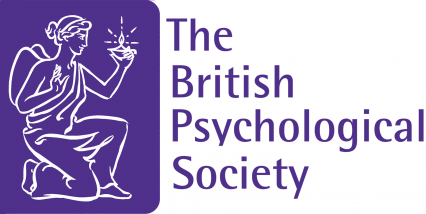
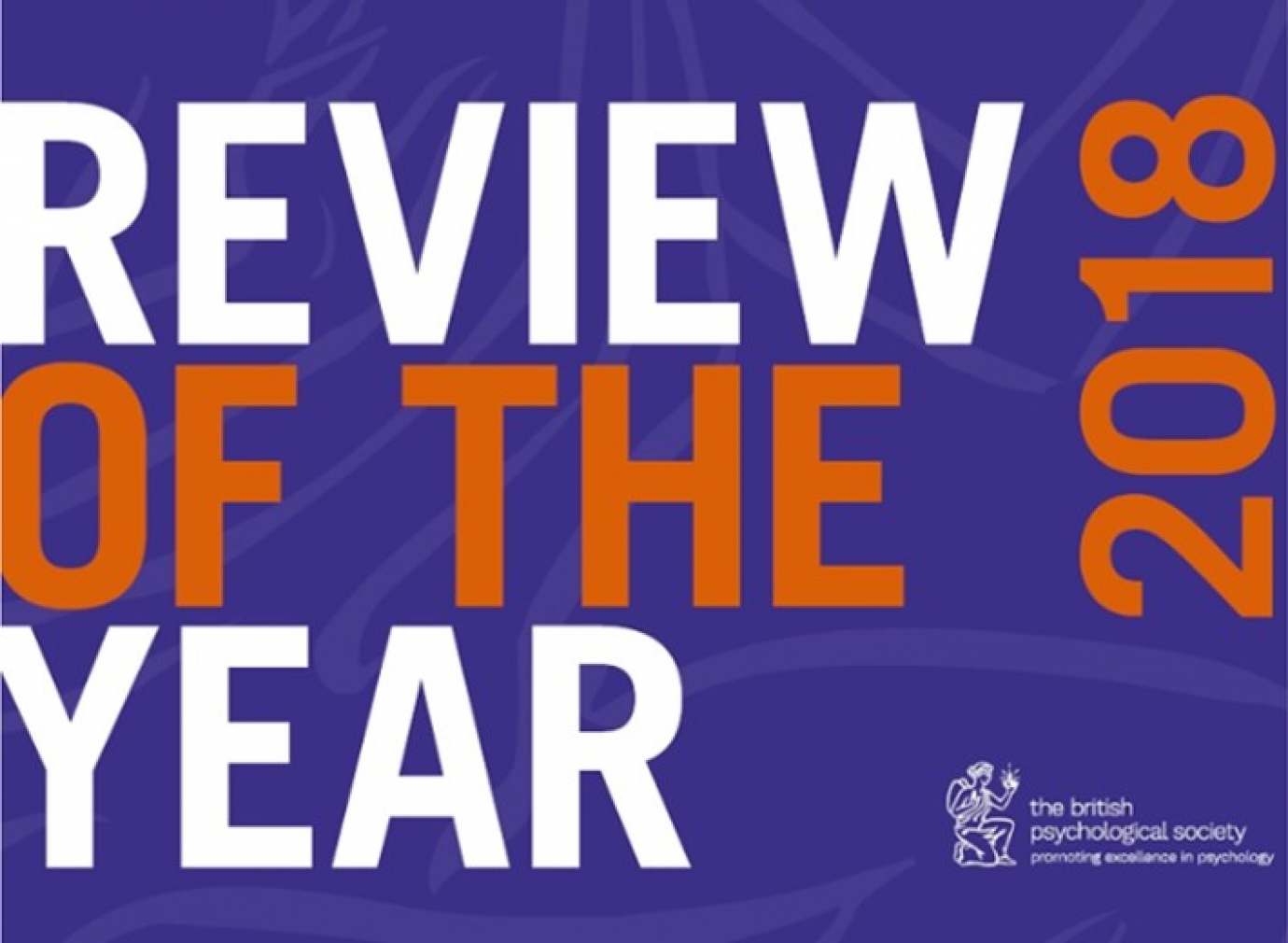
BPS Review of the Year 2018 gives an overview of the BPS’s achievements and illustrates how we have delivered on our objectives for the year.
It shows how the BPS has advanced psychological knowledge and research, influenced public policy, informed and supported our members, and improved the visibility of psychology as a discipline.
It provides details on the variety of changes which we have made to improve our effectiveness and efficiency as we move forward with our ambitious transformation programme.
The full document includes information and insight about:
our national and international activities
our contributions towards the development of public policy
our membership numbers and new initiatives
Along with numerous other examples of ongoing society actions and activities.
Psychology and the Climate Crisis
October, 2019 - London, UK
In recent months there has been a huge increase in public concern about the climate and environmental crisis we face. While there are many wonderful actions around the globe aiming to do something about it, there is clear evidence that we are not addressing the problem with anything like sufficient urgency or with sufficient at scale actions. Among many other actions psychologists have been taking around the world, here are two from the UK.
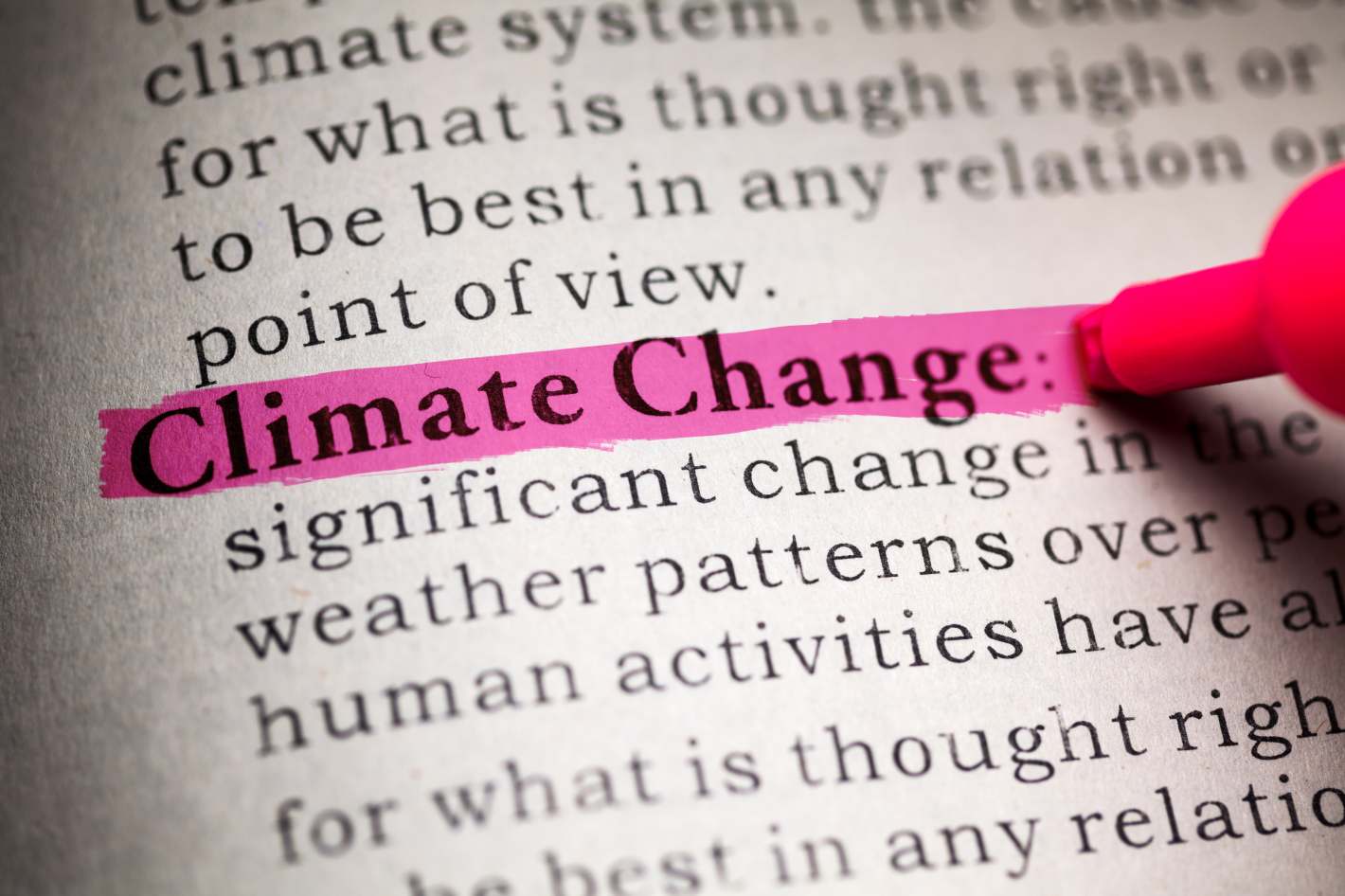
More than a thousand practitioner and trainee psychologists – including leading figures in the field - have signed an open letter sounding the alarm about the risk of widespread trauma associated with climate breakdown.
Echoing a similar call made by more than a thousand doctors earlier this year, the signatories give their explicit backing to peaceful protests in response to the environmental crisis, and support demands made by the campaign group, Extinction Rebellion.
Written and circulated by a small group of concerned clinicians, the letter rapidly garnered widespread support from across the discipline and has won the backing of two of the UK’s foremost professional bodies representing psychologists.
Dr Kaaren Knight, Clinical Psychologist, who co-authored and coordinated the letter said: “The mental health risks associated with the climate crisis are enormous and will affect us all.
"The physical impacts related to extreme weather, food shortages and conflict are intertwined with the additional burden of mental health impacts. We are beginning to understand the ways in which climate-related events affect mental health, and it is these affects that we, as psychologists, are particularly concerned about.
“Fear and trauma significantly reduce psychological wellbeing, particularly in more vulnerable groups. This is of huge concern to us and needs to be part of the conversation when we talk about climate breakdown.”
In addition to the UK psychologists who have put their names to the letter, it has also attracted an additional one hundred signatures from colleagues based overseas and people working in the related disciplines of psychotherapy and counselling.
Significantly, two senior members of major professional bodies representing clinical psychologists have signed up and strongly supported the letter; the chair of the Division of Clinical Psychology (DCP) for the British Psychological Society (BPS), and the chair of the Association of Clinical Psychologists UK (ACP-UK).
Dr Esther Cohen-Tovee, Chair of the DCP, said: “Psychology has much to contribute to the huge challenges posed by climate breakdown.
There remains a small window of opportunity to mitigate the worst impacts of climate change and environmental catastrophe, but that relies on people taking rapid action. As psychologists we have an important role to play in communicating the complexity of our response to climate change, to help people and politicians understand their resistance to facing this urgent threat, and to grasp the positive opportunities if we face it head on. The increased threats of climate change are linked with a rise in mental health difficulties, particularly anxiety. People feel helpless, afraid and even panic-stricken. If we are to tackle this effectively, psychologists need to be at the forefront of discussions about mental health support for affected individuals and communities, both here in the UK and abroad.”
Professor Mike Wang, Chair of the ACP-UK, said: “Inaction and complacency are the privileges of yesterday.
“The Association of Clinical Psychologists-UK demand that policy-makers no longer hesitate or consider, but instead, act and seek change in partnership across all divides: professionally, politically and, crucially, internationally.
“Clinical Psychologists are ready and willing to help countries protect the health and wellbeing of their citizens given the inevitable social and psychological consequences of climate change.”
As well as highlighting the mental health risks, the letter also raises the issue of how difficult it is for humans to think about the climate crisis.
It states: “For most people, it is just too painful to face the increasingly dire warnings of what is coming if we fail to address the problem of planetary heating.
As human beings, we find it very difficult to process future-term threats, and our positivity bias allows us to continue to believe that life will go on as normal, at least for us and the next generation.”
Annie Mitchell, recipient of the BPS DCP Distinguished Contribution Award 2018 and co-author of the letter, said; “The level of sign up within our professional community indicates that psychologists want to be part of the change necessary in addressing this urgent, global problem.
Well over 3.5% of the practitioner psychology community have signed the letter.
Research shows that when this percentage of a population engage in nonviolent resistance about an issue, social change such as that necessary to address climate breakdown, can be achieved while democracy is supported.
We hope that the level of sign up in our community indicates that, as a society, we are moving closer to the point at which enough people understand the implications of global heating and support urgent efforts to mitigate its effects.”
Additional quotes:
Professor Peter Kinderman, Former President of the British Psychological Society said; “The natural environment is crucial to all aspects of human life, and the fundamental wellbeing of our children and grandchildren.
There is clear evidence that the way we are exploiting natural resources is unsustainable and dangerous.
We need urgent and serious action... and that requires significant changes in attitudes and behaviour from all of us, together, across the planet."
Dr Tony Wainwright, recipient of the Robert Roe award for outstanding contribution of psychology to society 2019, past chair of the British Psychological Society Ethics Committee and co-author of the letter said: “Over many years I have been concerned about the environmental impact of human activity and it is heartening that at last we are waking up to the problem.
So many young people are now taking action and we must get behind this movement to achieve the urgent changes that are needed.
Psychologists are working with the UK Climate Change Committee and with the Intergovernmental Panel on Climate Change. This is good news, but there is so much that needs to be done.”
For more information/interviews, contact:
Tony Wainwright t.w.wainwright@exeter.ac.uk
or Annie Mitchell @openpsyclimate
Notes:
The letter can be viewed here
For further resources, see also
The letter was circulated from 6th August 2019 via social media and through professional networks.
Final numbers (on 6th October 2019) are as follows:
Registered practitioner psychologists: 1010
Additional signatories:
Retired practitioner psychologists: 5
Trainee practitioner psychologists: 126
Psychotherapist/ counsellors: 87
Psychologists working abroad: 31
Academic psychologists: 17
Total: 266
References:
- https://www.theguardian.com/environment/2019/jun/27/doctors-call-for-nonviolent-direct-action-over-climate-crisis
- https://www.dropbox.com/s/ntmlzgsbecnw20h/demanding%20disruption.pdf?dl=0
- https://www.ipcc.ch/sr15/
- https://www.apa.org/news/press/releases/2017/03/mental-health-climate.pdf


Landmark report by psychologist on ways to tackle climate change
This report prepared for the Committee on Climate Change by Dr Richard Carmichael, entitled Behaviour change, public engagement and Net Zero, was published on Friday 11th October. It recommends policy for behavioural and societal changes for Net Zero, the legally binding target agreed by the UK government (see link below for the reports).
Richard notes that on a global basis, household consumption accounts for almost three-quarters of greenhouse gas emissions. The need for changes in household consumption is even more pressing in wealthy countries such as the UK and there is an urgent need to identify and implement solutions for promoting greater engagement and action from citizens and consumers.
Based on strong research evidence it advocates breaking with previous messages to households and to focus on enabling consumers to take specific concrete actions that deliver large emissions reductions in transport, aviation, heating and diet. It also shows how we urgently need to create a wider context that nurtures public engagement with action on climate change and gives policymakers guidance on how to do this.
Richard will be speaking at a symposium at the Division of Clinical Psychology conference in January.
Links:
